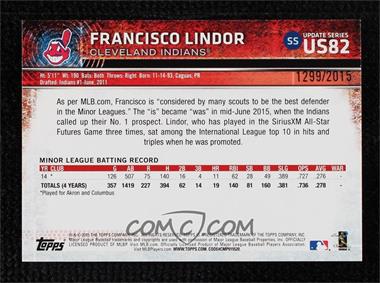Serial Number

Serial Number: Serial numbering means every individual card is marked, either by a machine or by hand, with a unique number, usually followed by the maximum number in the run. For example, a card marked "0517/2000," means it is card serial number 517 out of a total of 2000 such cards. This is different from sequential numbering, which merely indicates how many cards are in the set.
Serial numbering first appeared in 1990 with Pro Set Football's Vince Lombardi Trophy Hologram card. In 1991, Donruss combined numbering with inserts on their Elite set (numbered to 10,000) with great success, with the top players still commanding price tags in the hundred dollar range.
Naturally, with dozens more serial numbered sets coming out every year, the attraction has worn off, but a numbered card is usually more desirable than an unnumbered one. Other wrinkles in numbering: 1997 Flair Showcase baseball introduced one-of-ones, 1997 Pinnacle Totally Certified baseball numbered both the cards and the wax boxes, 1998 SP Authentic football combined numbering, rookies, and short-printing to great effect, and 1998 Donruss baseball included the first inserts with numbering to different counts, based on stats of the various players.
